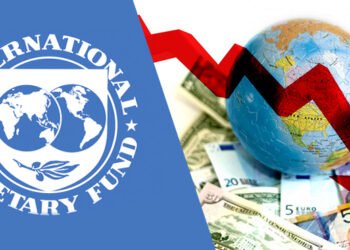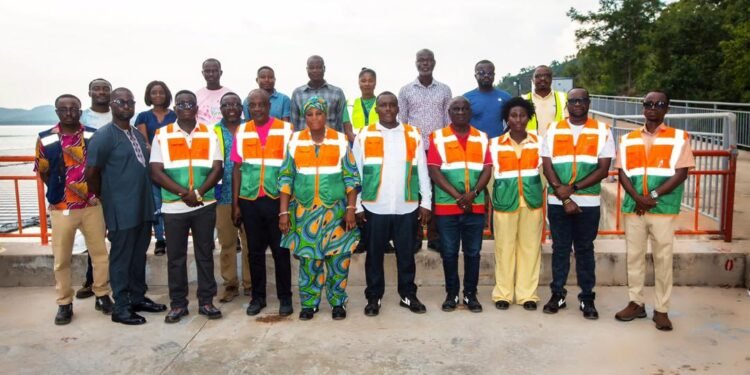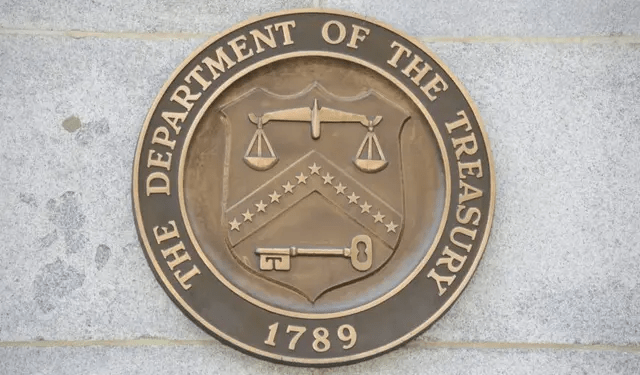The rate of job creation accelerated amid increased output, new orders and business expansion, setting the base for employment to rise rapidly to its highest since February 2020, according to IHS Markit.
To emphasize, the private sector has continued to see improvements which began buoying up midway through the second quarter of 2021.
Meanwhile, purchases costs and selling prices both increased sharply. This was according to reports that significant price rises had begun impacting clients demand as well as the desire of firms to hold inventories.
Ultimately, the headline seasonally adjusted Ghana Purchasing Manager’s Index (PMI) registered at 51.5 in May 2021, reflecting a 0.9 decline from 52.4 in April. This signaled a modest improvement in business conditions. An overview of the private sector indicates a now strengthened sector in ten successive months.
For the creation of new businesses, statistics show that it has risen on a monthly basis throughout the past year. That said, the rate of expansion eased to a four-month low. This comes along side some indications that clients had relented committing to new orders given sharp price rises.
The rate of inflation also rose for the third month in a row and fastest since January 2021. The increases in price charges reflected the passing on of higher purchase costs, rising sharply and at accelerated pace.
Respondents noted that higher purchases costs were directly linked to rises in prices for raw materials such as maize. However, these often suffered shortages in supply. More so, increases in fuel and freight charges were also flagged. Others included rising staff costs, albeit softer in pace as compared to purchase prices.
Other factors that explain the PMI result
Other issues that surfaced included reports that companies were becoming wary of holding stocks. This is due to the given sharp increases in costs for materials. For the first time, inventories decreased in three months, while purchasing activity rose at a much slower rate.
The continued improvement in customer demand encouraged firms to take on extra staff again in May. Also, with the filling of previously vacant positions mentioned in some cases. Despite a further increase in operating capacity, companies saw backlogs of work accumulate significantly.
The latest rise in PMI represent the second fastest on record following the survey peak in April 2021. Meanwhile, higher new orders, machinery issues and material shortages were all mentioned as factors leading outstanding business to expand.
Companies remained optimistic that output will increase over the coming year, with around two-thirds of respondents expressing a positive outlook. The overall outlook of the business environment was little-changed from that seen in April.
Accordingly, expectations of continued improvements in business conditions and success in securing new contracts were central to optimism around future activity.
Commenting on the latest survey results, Andrew Harker, Economics Director at IHS Markit, noted:
“The Ghanaian private sector continued to tick along nicely midway through the second quarter of the year and appears to have settled into a solid rhythm. This has proved to be good news for workers, with firms increasing their rate of job creation for the fourth month running in May.
“The main headwind at present appears to be inflationary pressures, with both companies and their customers alike showing signs of reluctance to pay increasingly high prices.”
Andrew Harker, Economics Director, IHS Markit
READ ALSO: Census to boost local economy – Prof. Annim























